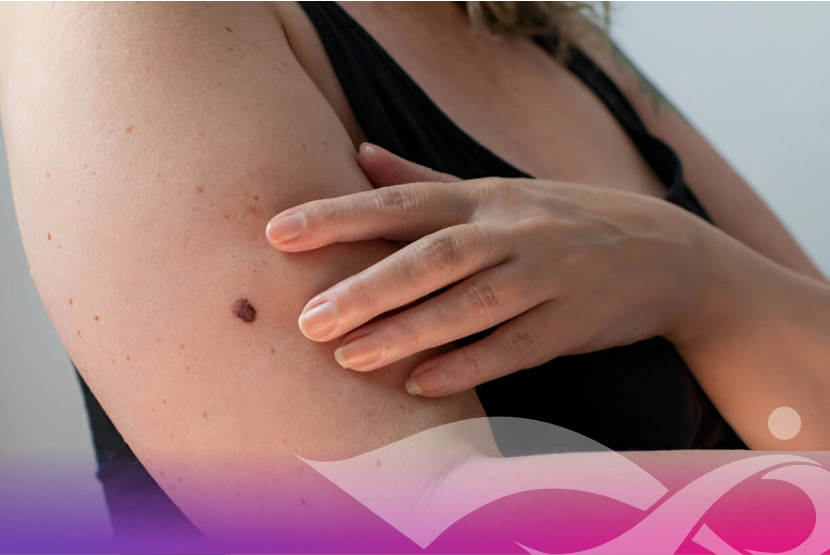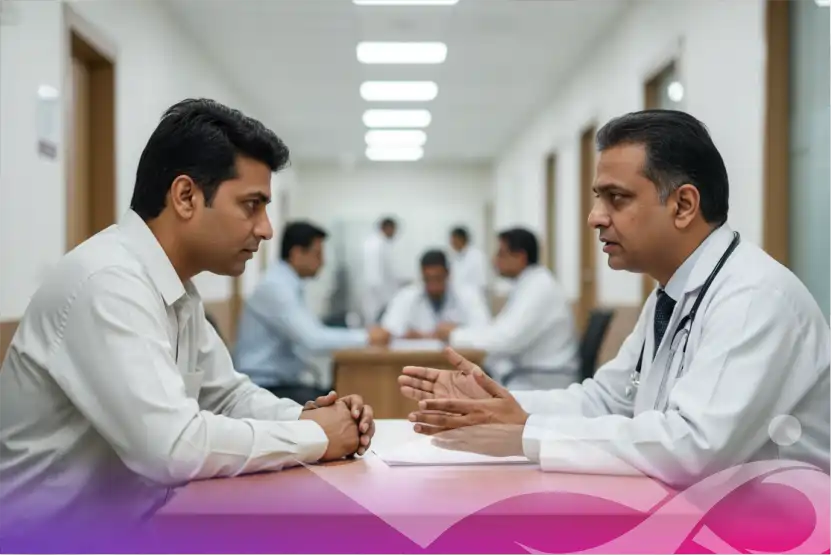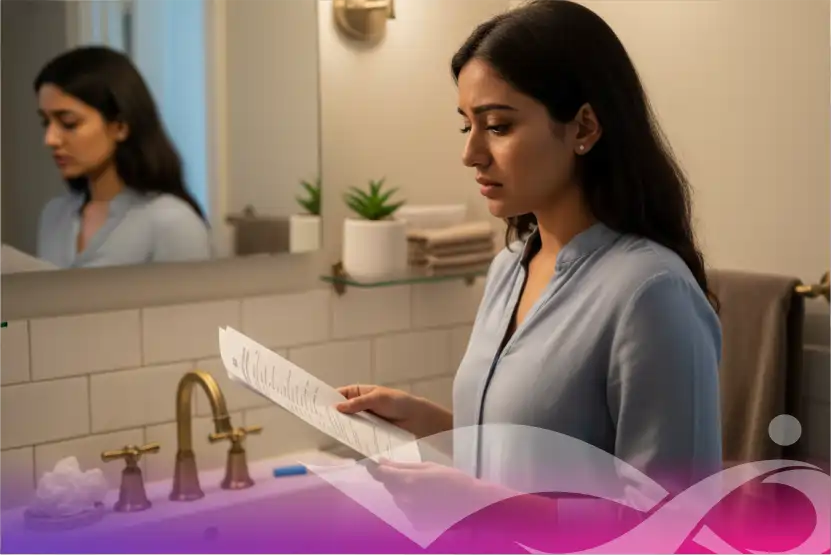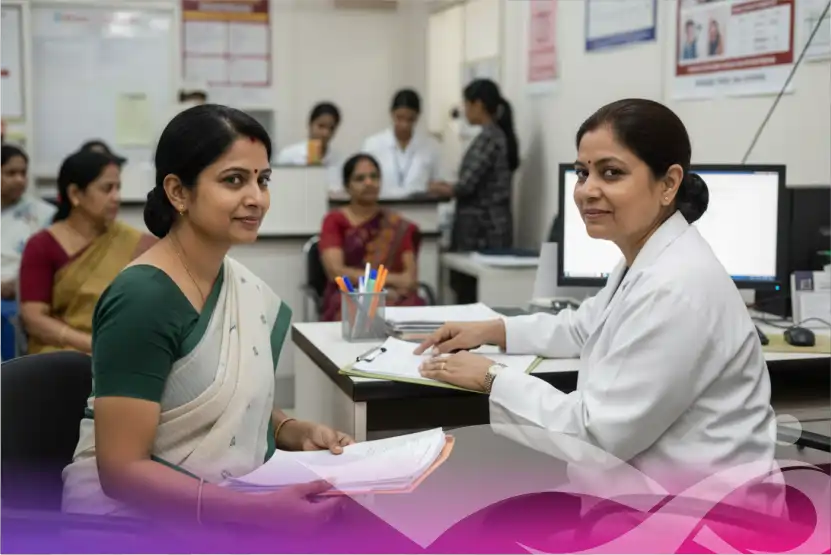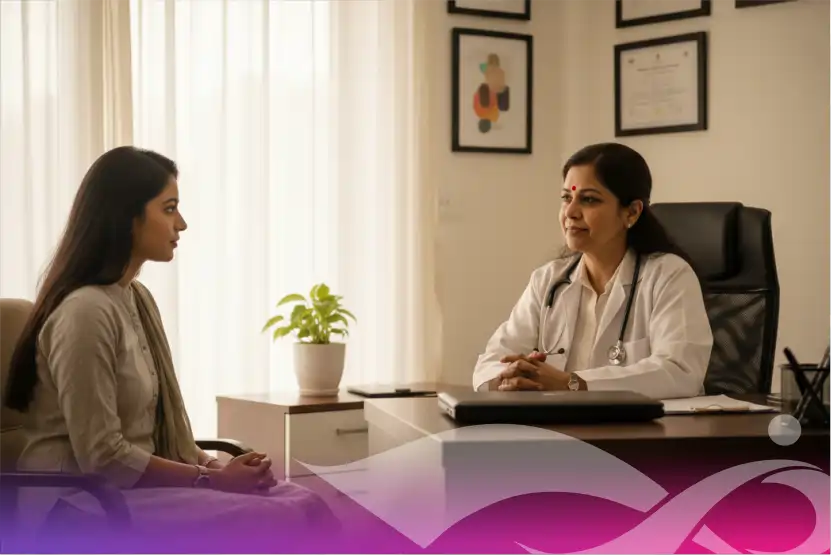It often starts as a small patch. A mole you didn’t notice before. A dry spot that doesn’t heal.A freckle that feels a little different.
Skin cancer doesn’t always announce itself with urgency.
It whispers—through changes most of us overlook, until it’s too late.
At IOCI, we’ve seen how powerful early detection can be. Not just in saving lives, but in saving peace of mind.
This blog is for anyone who’s brushed off a skin change with, “It’s probably nothing.”
Because sometimes, it’s not.
Why Early Detection Matters
Skin cancer is one of the most treatable cancers—if caught early.
Whether it’s a slow-growing basal cell carcinoma, a slightly more aggressive squamous cell carcinoma, or the more dangerous melanoma, catching it before it spreads can make all the difference.
And the good news? Your skin gives you signs.
You just need to know how to read them.
What to Watch: The ABCDEs of Skin Cancer
Dermatologists worldwide recommend a simple rule to remember suspicious moles or marks:
A – Asymmetry
One half doesn’t match the other.
B – Border
Edges are irregular, not smooth.
C – Color
More than one shade—brown, black, red, or even blue.
D – Diameter
Anything larger than 6mm (about the size of a pencil eraser) deserves a closer look.
E – Evolving
Any change in size, shape, color, or sensation (itching, bleeding) is a red flag.
At IOCI, we encourage all patients—especially those with fair skin, a history of sunburns, or outdoor professions—to do monthly self-skin checks.
Sunscreen Isn’t Just Cosmetic
Let’s clear this up—SPF isn’t optional. It’s essential.
UV radiation is a leading cause of skin cancer, and most of the damage builds up silently over time.
Applying a broad-spectrum sunscreen every morning (even indoors) is one of the simplest, most effective forms of prevention.
Pair that with protective clothing, wide-brimmed hats, and regular checks, and you’ve already reduced your risk significantly.
Real Story: Priya, 42
Priya was a schoolteacher from Indore. She had a small mole on her arm that started itching. She ignored it for 6 months—until her sister convinced her to get it looked at during a regular check-up.
A biopsy revealed an early-stage melanoma.
She was treated with surgery, followed by Image-Guided Radiation Therapy to ensure complete control. Today, Priya is cancer-free—and more aware than ever.
“What scared me most wasn’t the diagnosis. It was how close I came to missing it,” she shares.
Who's at Risk?
Skin cancer doesn’t discriminate, but some people are more vulnerable:
- People with fair or freckled skin
- Those with a family history of melanoma
- People who work outdoors or have long-term sun exposure
- Anyone with a weakened immune system
- Past history of severe sunburns
That’s why we recommend skin checks at least once a year, and more often if you fall into any of the above categories.
What We Offer at IOCI
At IOCI, our cancer detection approach is proactive—not reactive.
Through our Best Diagnostic Testing Centers and oncology consultation units, we offer:
- Dermoscopic skin evaluations
- Mole mapping
- Biopsy and pathology
- Follow-up treatment including surgery, topical therapy, and radiation if needed
Our mission? To catch skin cancer before it becomes a crisis.
For screenings, consultations, or mole evaluations, visit us across Noida, Greater Noida, Mumbai, Indore, Aurangabad, Agartala, Saharanpur, Kanpur and Jodhpur.






